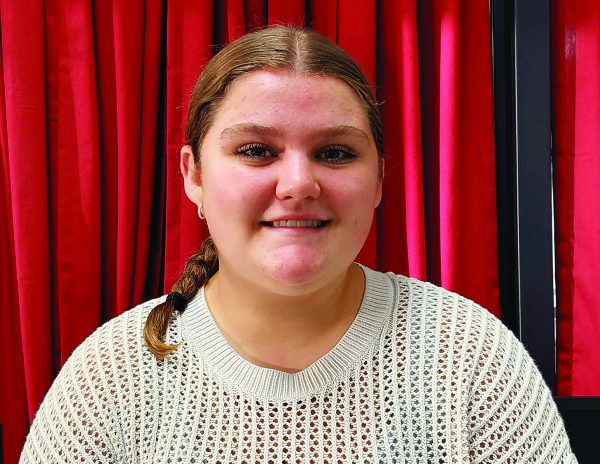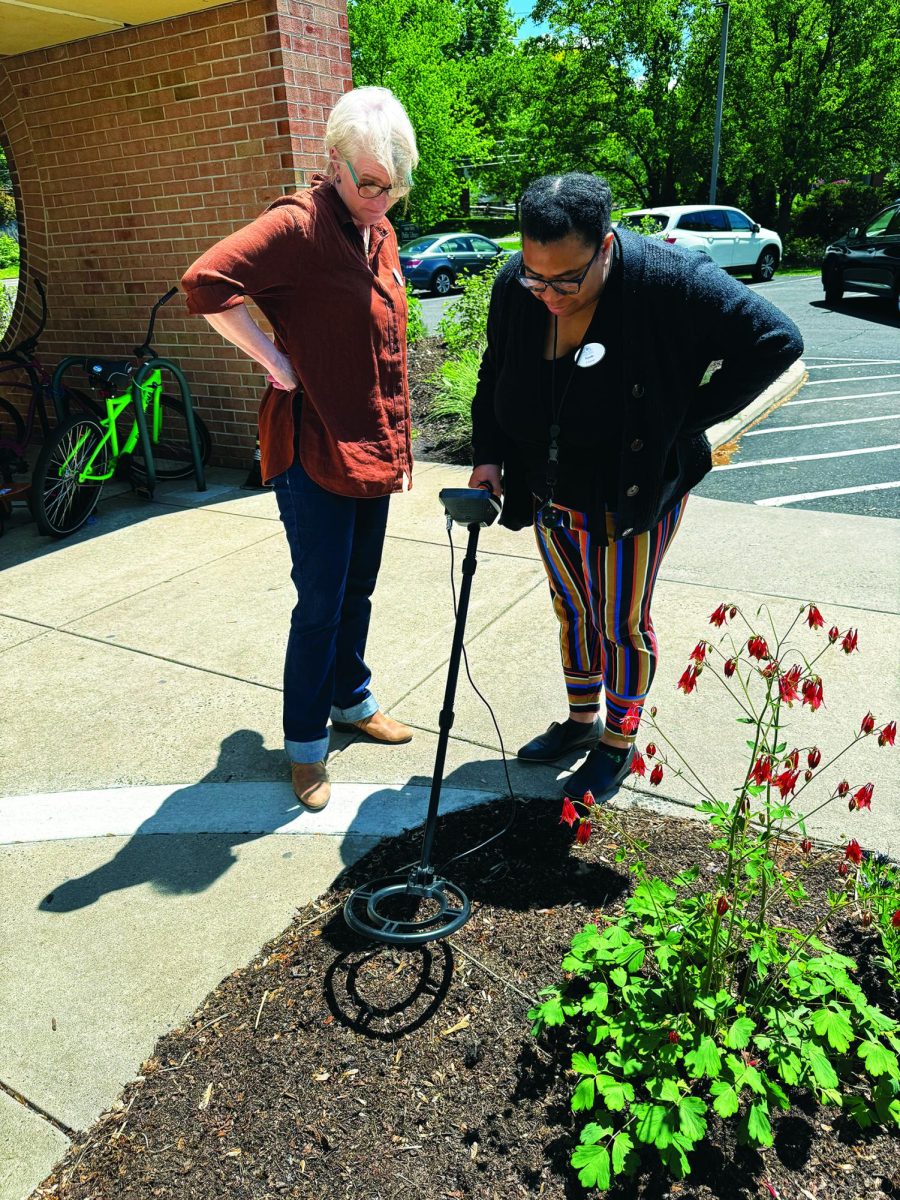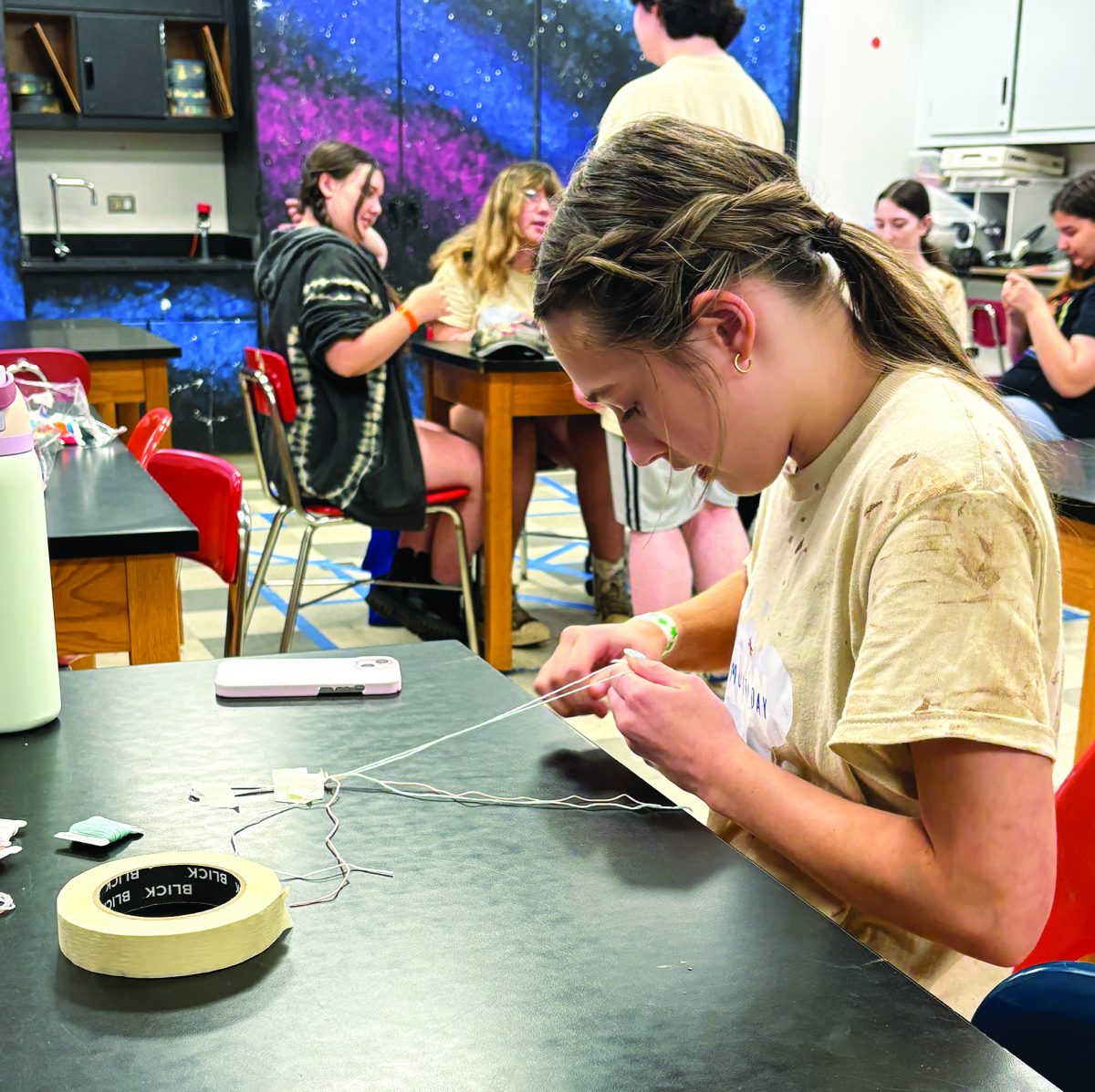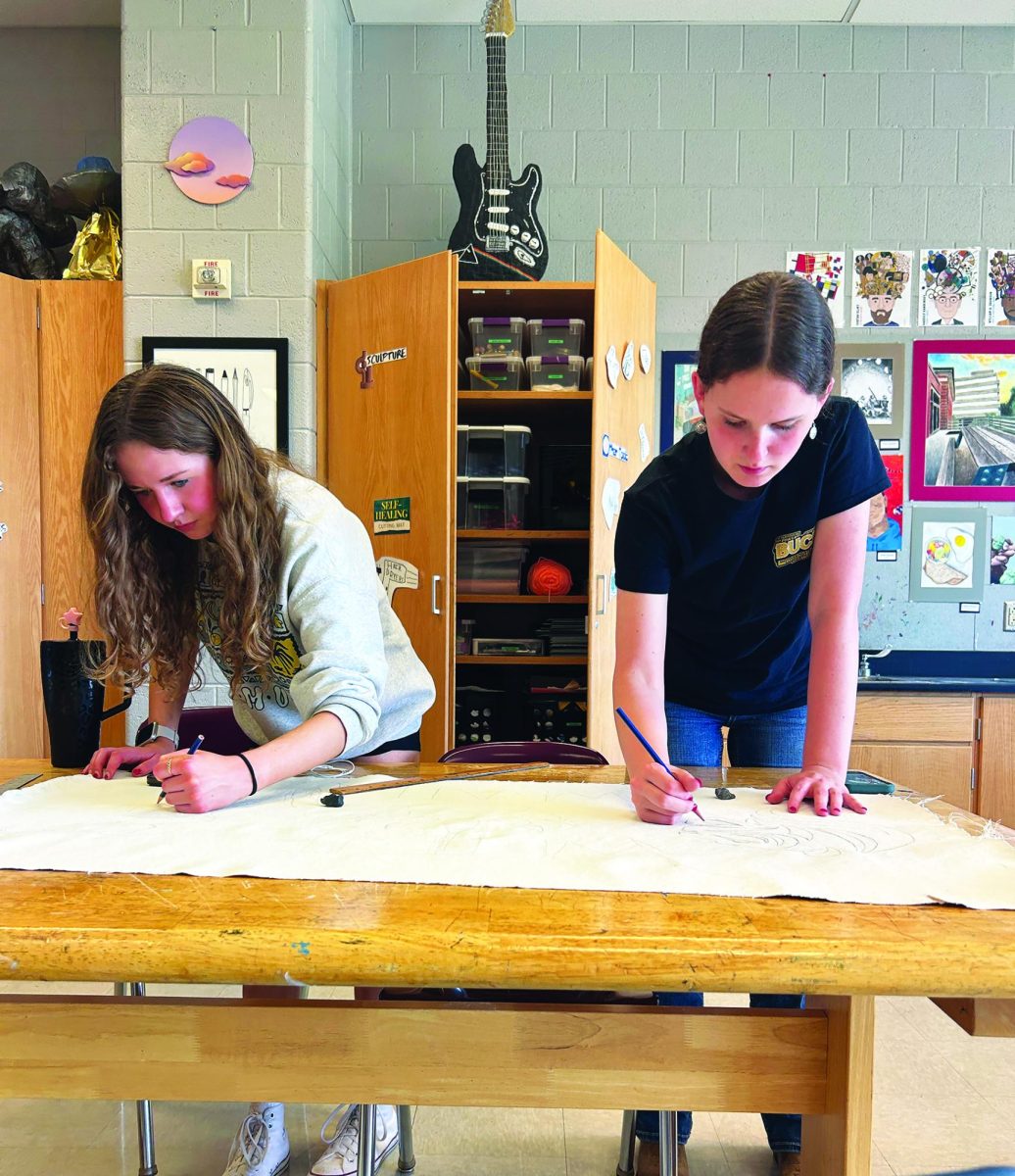With new identification and proof of citizenship requirements for U.S. voters through the SAVE Act, many Americans have now faced worry about the difficulties of getting new forms of identification.
According to Nonprofit Vote, the SAVE Act would require all voters to have documentation.
“The SAVE Act would require all voters to provide documentary proof of citizenship, a passport or birth certificate (with a photo ID) in most cases, anytime they register or update their registration,” Nonprofit Vote said.
According to Nonprofit Vote, no documentation could be provided online because “the law as written suggests the proof be presented in person.”
While having the proper IDs may seem like an easy ask, for many it is not.
“The main problem with the SAVE Act is that the type of documents used to prove citizenship aren’t documents that many people carry around on a daily basis,” Responsivegov.org said.
According to NPR, specific minority groups will also face challenges with having access to documents, more than some other groups.
“Voting rights groups have said the bill will pose a barrier for millions of American women and others who have changed their legal name because of marriage, assimilation or to better align with their gender identity,” NPR said.
Getting brand new documentation and identification is an option for some, however, this is a lengthy process which could further complicate and hinder the voting process in the upcoming elections.
According to the Commonwealth of Pennsylvania, the “REAL ID processing time can be lengthy, especially with the upcoming enforcement deadline on May 7, 2025.”
Upon the announcement of the act, many people have expressed their dissatisfaction with not only the hassle, but the unnecessary implication.
“Then there is the highly discriminatory impact of the law on voters, disenfranchising tens of millions of eligible citizens,” Nonprofit Vote said.
According to Campaign Legal Center, the SAVE Act does not just apply to new registrants.
“The SAVE Act could affect registered voters too. Any time someone updates their registration, if they change their address or political party, they would need to provide these documents,” Campaign Legal Center said.
This all means voting will most likely be participated in by fewer citizens due to the hassle.
According to Associated Press News, the “problem” that the act is supposed to combat is a nonexistent one.
“It’s already illegal under federal law for people who are not U.S. citizens to cast ballots and can lead to felony charges and deportation,” the Associated Press said.
Overall, the SAVE Act has the potential to cause more problems than it can solve and is a threat to democracy itself.
“Currently, 38 states have voter ID laws of some kind,” Voteriders.org said. “They are directly responsible for millions of voters being turned away from the polls or not showing up at all due to confusion, shame or fear.”
SAVE Act hinders opportunities for many citizens
In order to prevent non-citizen voting in the U.S., the Safeguard American Voter Eligibility Act (SAVE) requires more proof of citizenship in order to register to vote. However, the act has posed challenges for citizenship-bearing Americans.
0
Tags:
More to Discover
About the Contributor

Aubrey Gehman, News Editor






